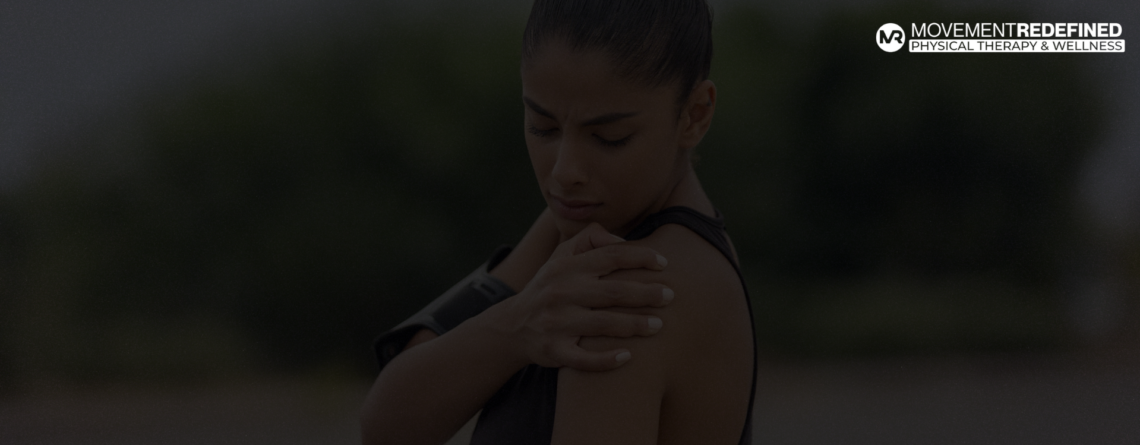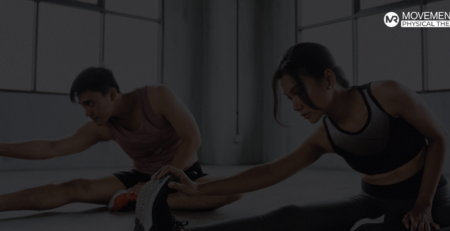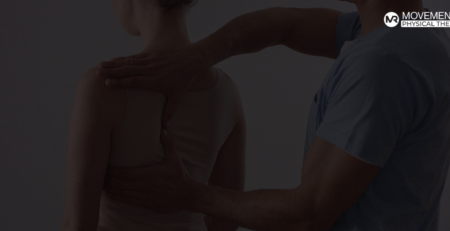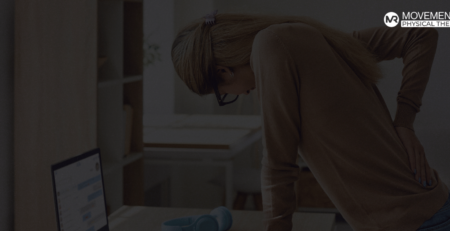Why Does My Shoulder Click? Shoulder Clicking/When to Worry
Shoulder clicking, popping, or cracking is a common experience for many people, especially during certain movements like lifting an arm or rotating the shoulder. While in most cases, these sounds are harmless, there are situations where they may signal an underlying problem that requires attention.
In this article, we’ll explore why some people experience clicking or popping sounds in their shoulders, what these sounds might indicate, and when it’s time to seek professional help to treat the underlying issues.
Understanding The Anatomy of the Shoulder Joint
The shoulder is one of the most complex and mobile joints in the body, allowing for a wide range of movements. This flexibility is due to its ball-and-socket structure, where the head of the humerus (upper arm bone) fits into a shallow socket in the shoulder blade called the glenoid. Surrounding this joint are muscles, tendons, ligaments, and cartilage, all working together to provide stability and movement.
Because of its complexity, the shoulder is susceptible to various issues that can lead to clicking or popping sounds. These sounds may occur as a result of natural processes, but they can also indicate an injury or wear and tear in the joint.
Common Causes of Shoulder Clicking
1. Cavitation
One of the most benign causes of shoulder clicking is a phenomenon called cavitation, which occurs when gas bubbles form and collapse in the joint’s synovial fluid during movement. This is similar to the sound you hear when cracking your knuckles and is generally harmless. Cavitation happens when the pressure in the joint changes, causing a release of gas bubbles, leading to a popping or clicking sound.
2. Muscle or Tendon Movement
The shoulder joint is surrounded by several muscles and tendons that allow it to move. Sometimes, these soft tissues can rub against bones or other structures in the joint, leading to a clicking sound. This is especially common during certain movements, like lifting weights or performing overhead motions. If the clicking is not accompanied by pain, it is often harmless, though it could indicate tight or imbalanced muscles that could benefit from stretching or strengthening exercises.
3. Rotator Cuff Issues
The rotator cuff is a group of muscles and tendons that stabilize the shoulder and facilitate movement. Over time, wear and tear on the rotator cuff tendons can cause them to become inflamed, irritated, or even torn. This may lead to shoulder clicking or popping, especially during overhead motions or when lifting objects. If the clicking is associated with pain, weakness, or limited mobility, it could be a sign of a rotator cuff injury, such as tendinitis or a tear, which should be addressed by a healthcare professional.
4. Labral Tears
The labrum is a ring of cartilage that surrounds the glenoid (the socket of the shoulder joint), helping to stabilize the joint. A labral tear can occur due to injury, overuse, or aging, and it may lead to clicking or popping sounds in the shoulder, particularly during rotation. In cases of a labral tear, individuals may also experience pain, instability, or a sensation of the shoulder “catching” or “locking” during movement. Labral tears often require medical evaluation and treatment, which may include physical therapy or surgery in severe cases.
5. Shoulder Impingement Syndrome
Shoulder impingement occurs when the rotator cuff tendons become compressed between the bones of the shoulder during certain movements. This can lead to irritation, inflammation, and sometimes a clicking or popping sensation. Impingement often causes pain, especially when raising the arm, and can be exacerbated by activities that involve repetitive overhead motions, such as swimming, throwing, or lifting. Physical therapy is often effective in treating impingement by improving posture, strengthening the shoulder muscles, and restoring proper joint mechanics.
6. Arthritis
Osteoarthritis, a condition where the cartilage in the shoulder joint wears down over time, can lead to clicking or popping sounds as the bones rub against each other. Arthritis-related shoulder clicking is often accompanied by stiffness, pain, and reduced range of motion. While arthritis is more common in older adults, it can also occur in younger individuals due to previous injuries or overuse. Treatment typically focuses on managing symptoms through physical therapy, medication, and, in some cases, surgery.
When to Be Concerned About Shoulder Clicking
While occasional shoulder clicking without pain is usually not a cause for concern, there are certain red flags that indicate you should seek medical attention:
- Pain with Clicking: If the clicking sound is accompanied by pain, it could be a sign of a more serious issue, such as a rotator cuff tear, labral tear, or shoulder impingement. Persistent pain, especially if it worsens over time, should be evaluated by a healthcare professional.
- Weakness or Limited Range of Motion: If you notice a loss of strength or difficulty moving your shoulder, especially in combination with clicking or popping, it could indicate an injury or instability in the joint that requires treatment.
- Frequent or Loud Clicking: If the clicking becomes more frequent or louder, especially after an injury or overuse, it may suggest damage to the cartilage, tendons, or ligaments in the shoulder.
- Instability or Feeling of the Shoulder “Slipping”: If your shoulder feels unstable, like it’s slipping or could pop out of place, it could be a sign of shoulder instability or a labral tear. This warrants a thorough evaluation and treatment plan.
How Physical Therapy Can Help
Physical therapy is one of the most effective treatments for many of the underlying causes of shoulder clicking. A physical therapist will evaluate your shoulder’s movement, strength, and stability to identify any imbalances or dysfunctions. Treatment may include:
- Strengthening exercises: Targeted exercises to strengthen the rotator cuff muscles and the muscles around the shoulder blade to improve stability and reduce strain on the joint.
- Stretching: Improving flexibility in the shoulder muscles and tendons can reduce friction and prevent soft tissues from rubbing against bones.
- Posture Correction: Poor posture can contribute to shoulder pain and clicking. A physical therapist can help you improve your posture to reduce stress on the shoulder joint.
- Manual Therapy: Hands-on techniques, such as joint mobilization and soft tissue massage, can help improve range of motion and reduce discomfort.
In cases where physical therapy is insufficient or the damage is more severe, further medical intervention, such as injections or surgery, may be required.
Find Relief and Restore Your Shoulder
Shoulder clicking is a common experience that can have many causes, ranging from harmless gas bubbles in the joint to more serious conditions like rotator cuff tears or labral injuries. While occasional clicking without pain is usually not a concern, persistent or painful clicking should be evaluated by a professional.
Physical therapy is an excellent first step in treating many shoulder issues, helping to restore strength, flexibility, and pain-free movement. If you’re experiencing shoulder clicking that concerns you, contact our team at Movement Redefined to determine the best course of action.




